The debate over whether TikTok should be banned in the US has taken center stage as the Supreme Court hears arguments from both sides. The case highlights the tension between national security concerns and free speech protections, with justices examining the potential risks posed by TikTok’s Chinese parent company, ByteDance. At the heart of the discussion is the question: Should TikTok, a platform used by over 170 million Americans, be forced to divest from ByteDance or face a nationwide ban?
This legal battle stems from a law passed with bipartisan support, aiming to address fears of Chinese government influence over TikTok’s operations. Critics argue that the app could be used to spy on Americans or manipulate content for covert influence operations. However, opponents of the ban cite First Amendment concerns, arguing that restricting access to TikTok undermines free speech. The Supreme Court’s decision could have far-reaching implications for both digital freedom and national security.
Here is everything we know about the TikTok US ban…
National Security Concerns Behind the TikTok Ban

A significant point of contention in the case revolves around national security. The US government has long expressed concerns about TikTok’s ability to collect vast amounts of user data and the potential for this information to fall into the hands of the Chinese government. During the hearing, conservative Justice Brett Kavanaugh highlighted the long-term risks, including the possibility of using data to manipulate or blackmail future generations of Americans in sensitive government positions.
Solicitor General Elizabeth Prelogar, representing the Biden administration, argued that TikTok’s data collection capabilities pose a grave threat. She emphasized that the Chinese government could weaponize the app to further its geopolitical goals, using it for espionage, recruitment, or harassment. Prelogar also pointed to a “long tradition” of restricting foreign control over critical communication channels as a precedent for the proposed action against TikTok.
First Amendment and Free Speech Concerns
On the other side of the debate, TikTok and ByteDance’s legal representatives argue that the ban targets free speech. Noel Francisco, a lawyer for TikTok, stated that the platform is one of the most popular tools for Americans to express themselves. Shutting it down would effectively silence millions of users and infringe on their First Amendment rights.
Liberal Justice Elena Kagan raised the question of whether the law’s content-based rationale mirrors Cold War-era fears of Communist propaganda. She noted that concerns over content manipulation by foreign governments echo historical attempts to suppress speech perceived as a threat to national security. Francisco argued that even if TikTok’s parent company, ByteDance, has ties to China, the First Amendment protects the app’s right to operate and users’ rights to access its content.
The Supreme Court’s Deliberations
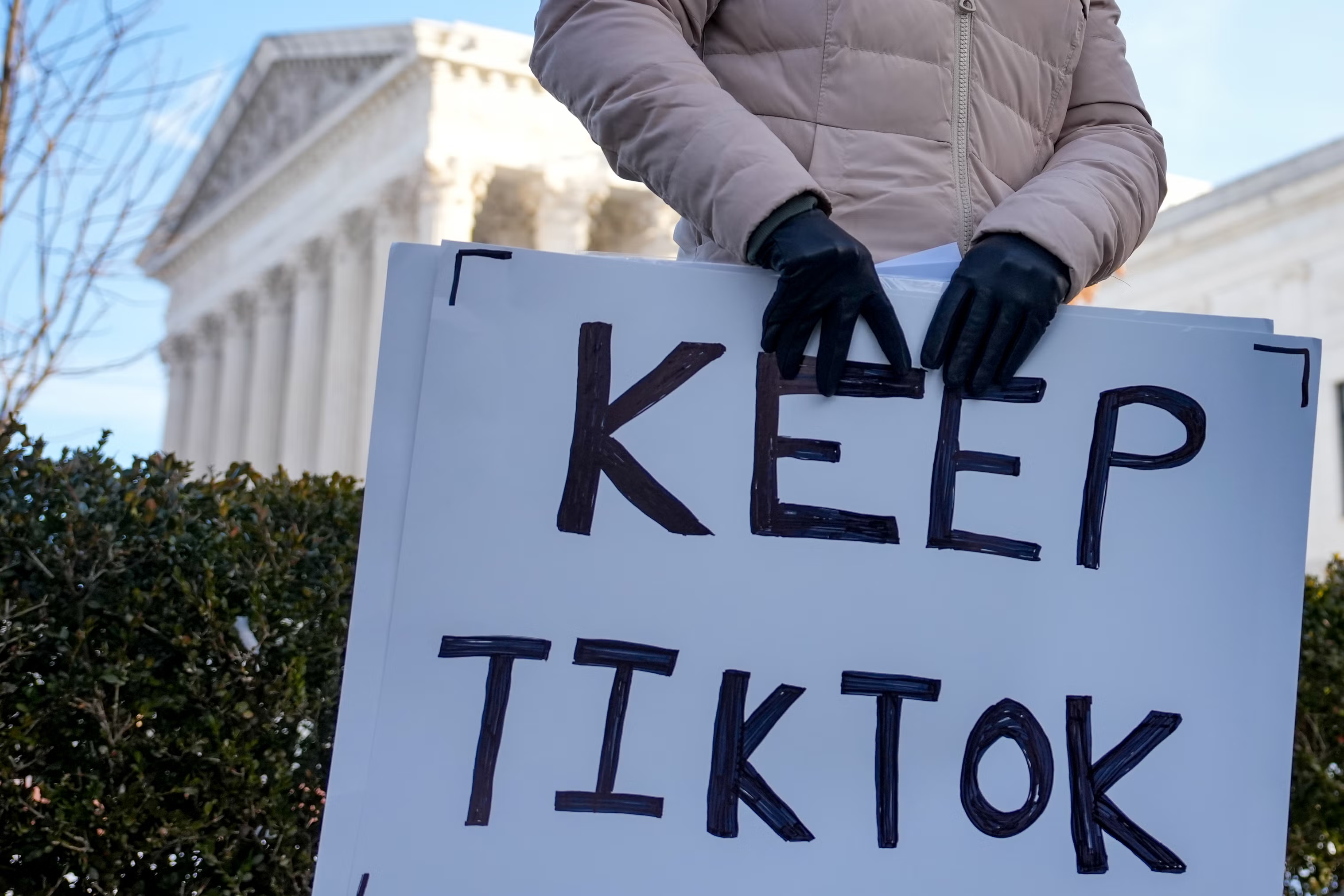
The justices appeared divided, balancing the need to protect national security with the importance of upholding constitutional rights. Chief Justice John Roberts questioned whether the court could ignore ByteDance’s obligation to comply with Chinese intelligence laws, while Justice Samuel Alito suggested a temporary administrative stay to allow for further consideration.
The timeline of the case adds another layer of complexity. If the law is upheld, TikTok would need to divest from ByteDance by January 19, 2025, or face a nationwide ban. Francisco warned that such a move could lead to the app’s shutdown, leaving millions of users without access to the platform.
Broader Implications of the TikTok Ban in the US
The case unfolds against the backdrop of rising tensions between the US and China, with TikTok caught in the crossfire. If the court upholds the law, it could set a precedent for future actions against foreign-owned platforms operating in the US. This has led many to question whether the TikTok ban in the US is a necessary step to safeguard national security or an overreach that compromises free speech.
For now, the fate of TikTok hangs in the balance. As justices deliberate, the outcome could reshape the landscape of digital platforms in the US and influence how the nation addresses threats from foreign-owned technology.
Conclusion

The Supreme Court’s decision on whether TikTok will be banned in the US marks a pivotal moment in the intersection of technology, national security, and free speech. With arguments from both sides underscoring the stakes, the ruling could have profound consequences for users, the tech industry, and US-China relations. Whether TikTok will remain a platform for millions of Americans or become the latest casualty in geopolitical tensions remains to be seen.
For now, the question on everyone’s mind is clear: Is TikTok banned in the US? Only time, and the Supreme Court’s final ruling, will tell.
Featured image: Kent Nishimura
For the latest in fashion, lifestyle, and culture, follow us on Instagram @StyleRave_
—Read Also

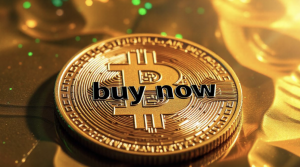









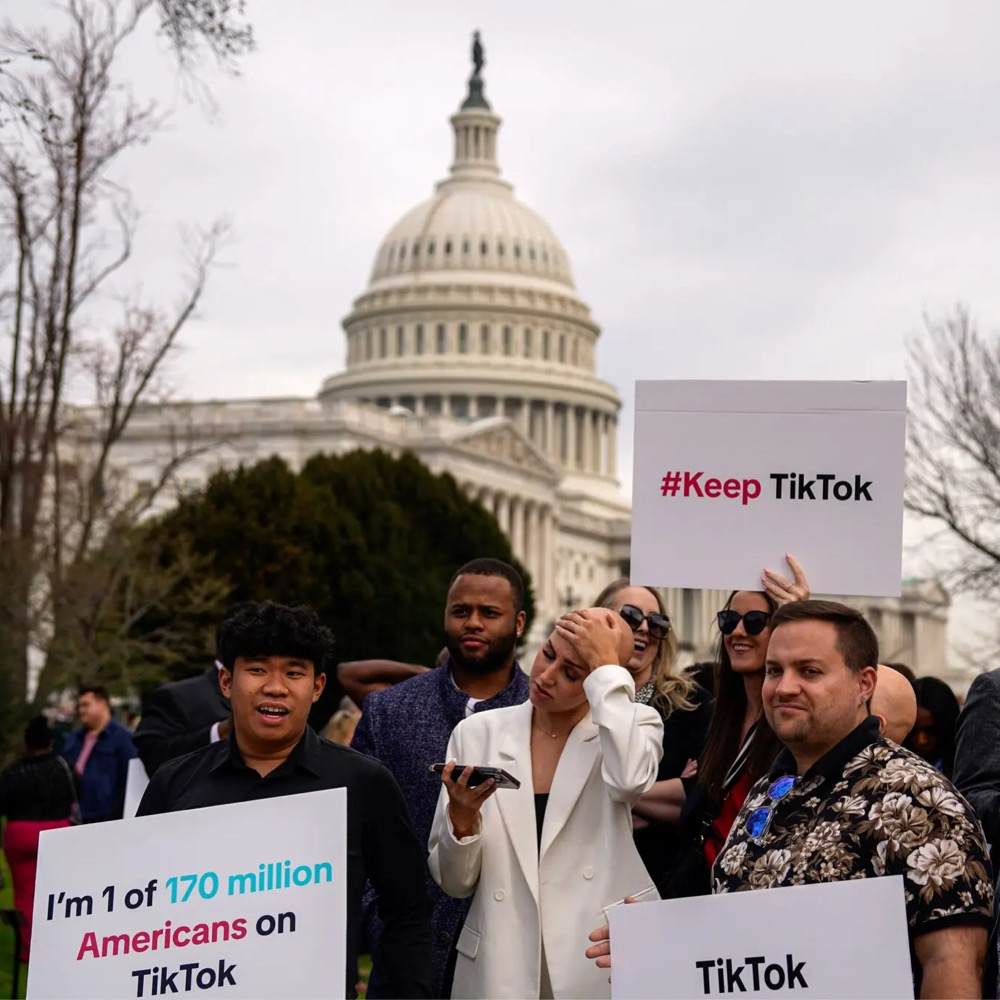




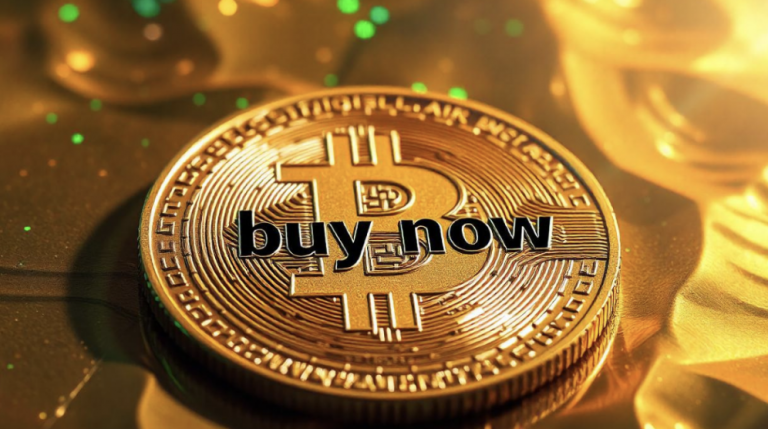

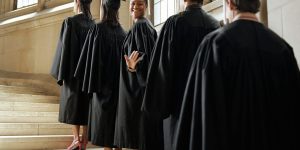

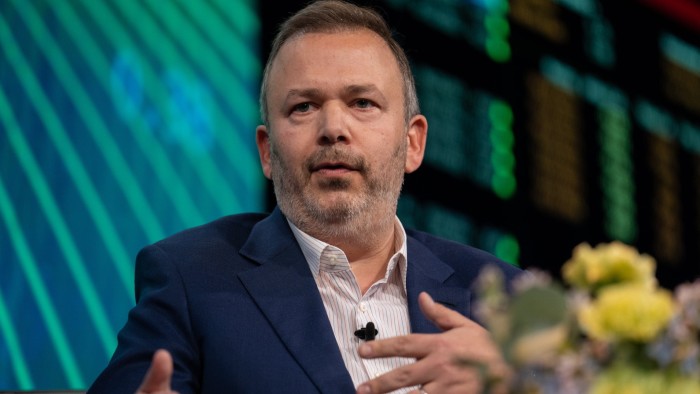
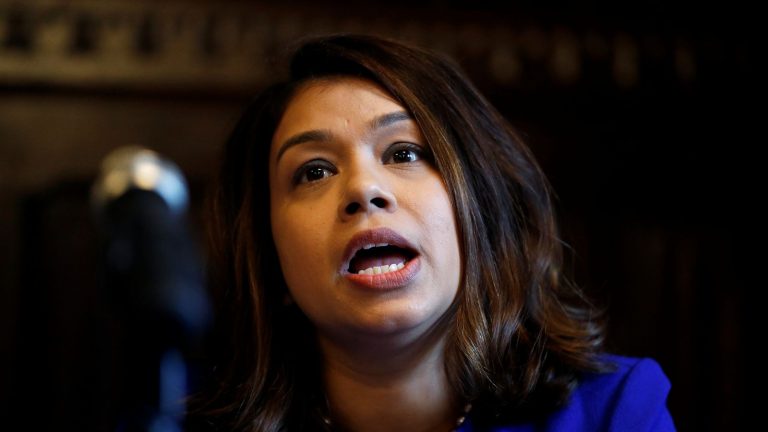
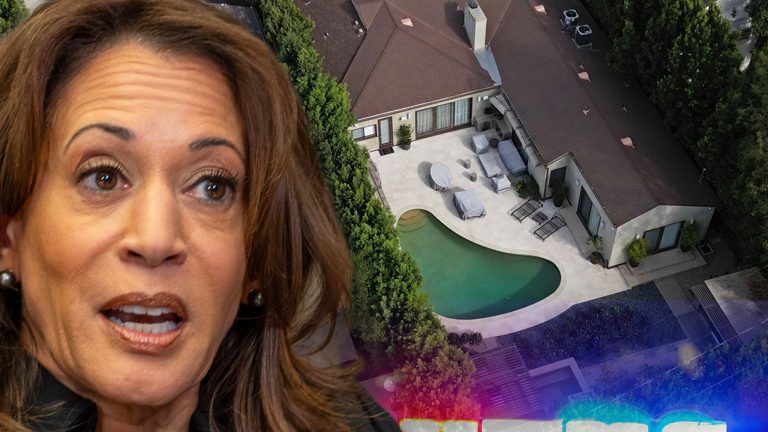
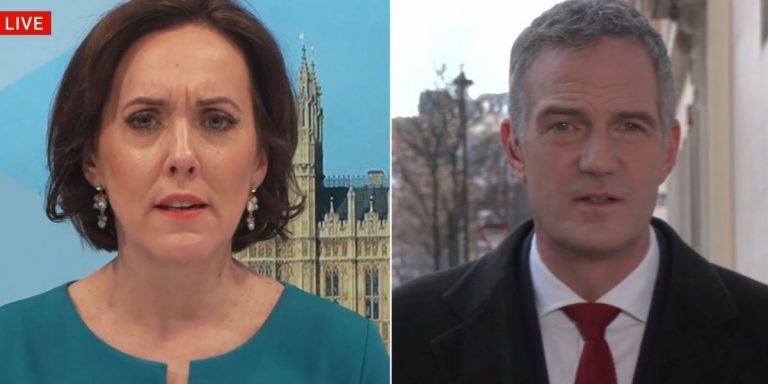
+ There are no comments
Add yours